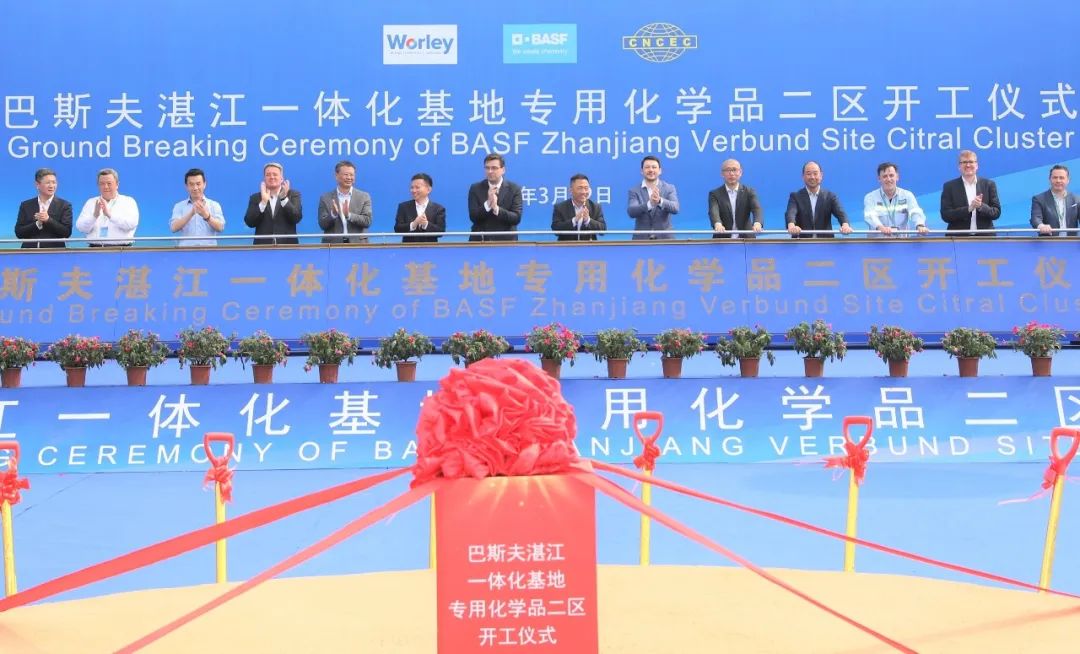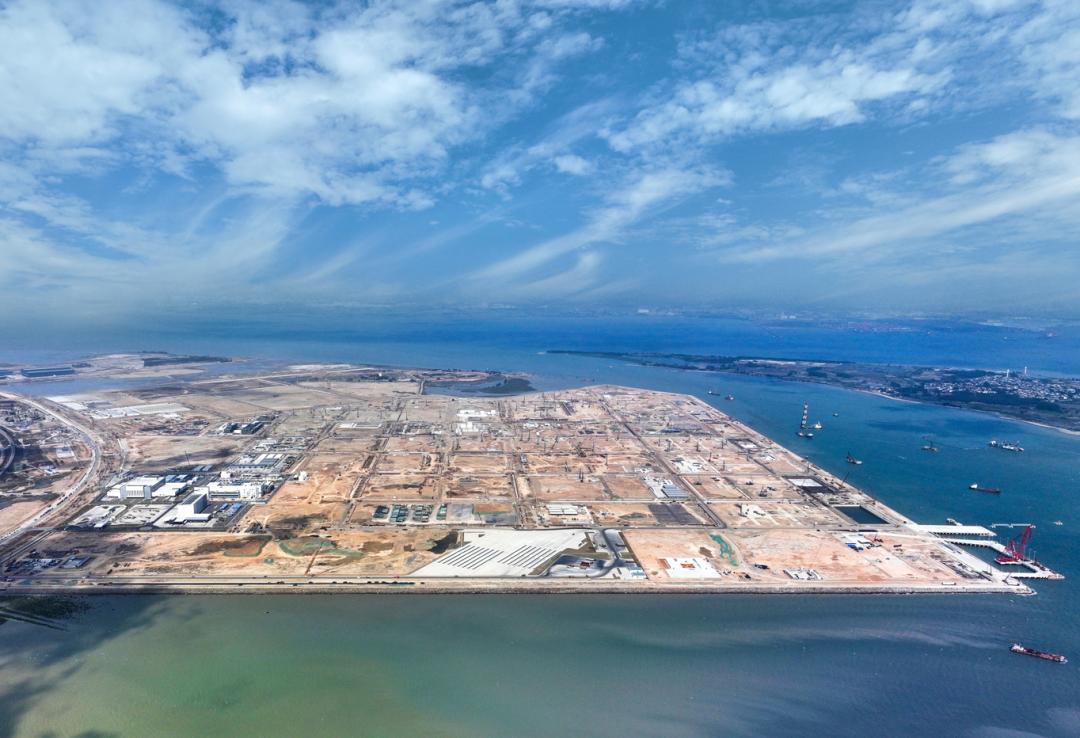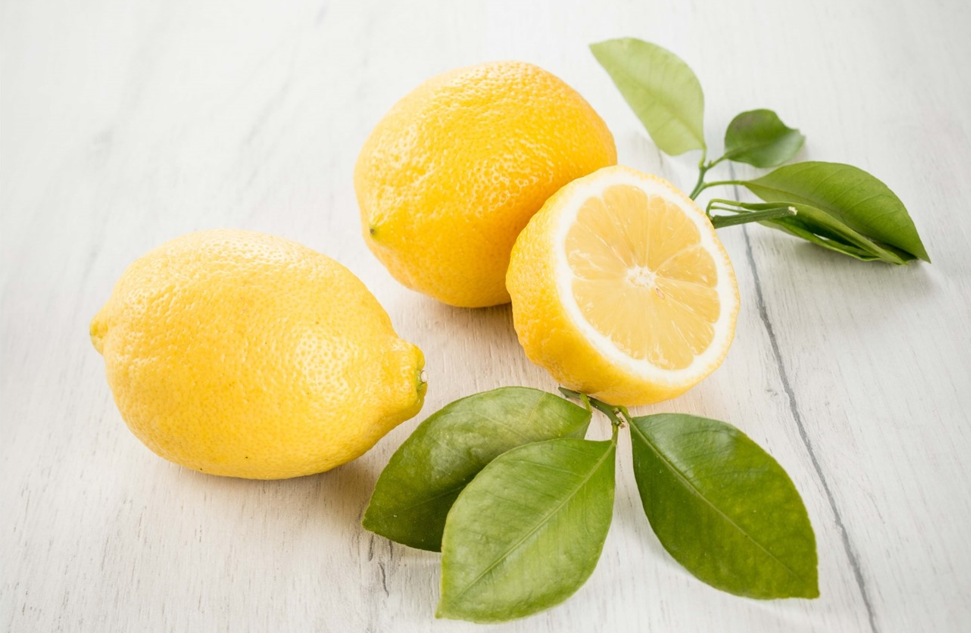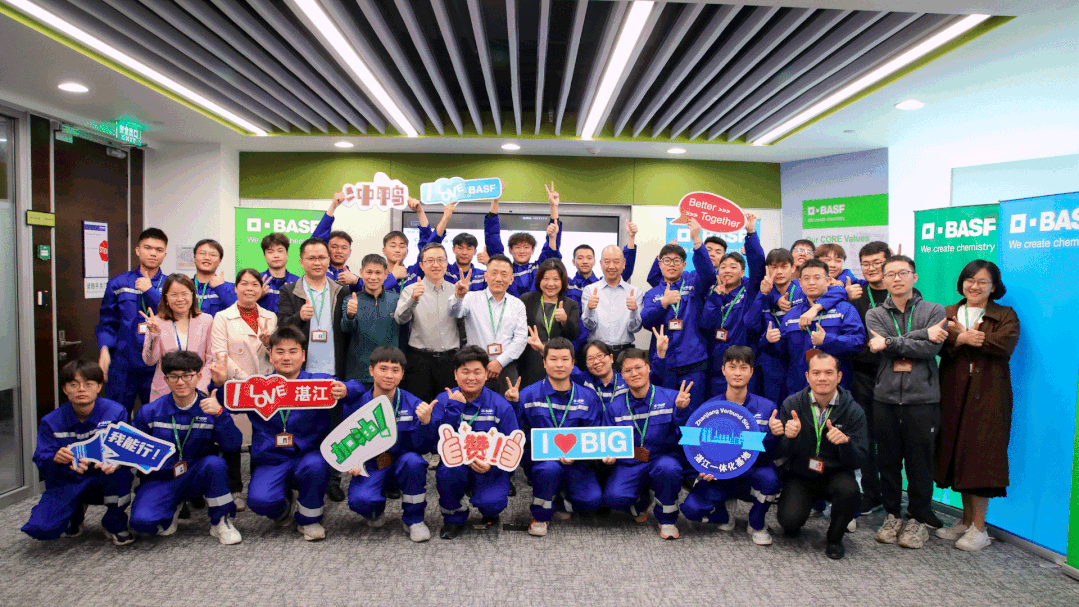According to official news from BASF, another project group has started construction at the BASF Zhanjiang Integrated Base! The project group mainly includes neopentyl glycol (NPG) and citral (Citral) plants.

Stijn Brughmans (seventh from left), vice president of BASF, in charge of operations and technology of the Intermediates Business Unit in the Asia Pacific region, and Tobias, vice president of BASF, in charge of asset management and investment of the Nutrition and Health Division
Gerber (sixth from right) attended the groundbreaking ceremony.
World-scale NPG installation
BASF strengthens the global layout of neopentyl glycol. This new NPG plant with an annual output of 80,000 tons is expected to be put into operation in the fourth quarter of 2025. By then, BASF’s global NPG annual production capacity will increase to 335,000 tons.
Currently, we have NPG production facilities in Nanjing and Jilin, China, Ludwigshafen, Germany, and Freeport, USA. The fifth NPG plant invested in Zhanjiang will help support the growing market demand of Chinese customers, especially in the field of environmentally friendly powder coatings. At the same time, it will also bring us closer to customers in South China and further strengthen business contacts.
As an intermediate with high chemical and thermal stability, NPG is mainly used in the production of polyester resin for powder coatings, which can be applied to the coating of household appliances and window frames. Due to the low volatile organic compound (VOC) content of powder coatings, it can help customers meet VOC emission standards. Compared with solvent-based coatings, VOC emissions can be reduced by up to 50%. NPG is also used in the manufacture of lubricants, plasticizers and pharmaceuticals.

Citral device
The program also includes a citral plant. Earlier this month, BASF announced that it would invest in a new citral plant at its integrated base in Zhanjiang, China, and build a new downstream plant for menthol and linalool at its integrated base in Ludwigshafen, Germany. The units are expected to be commissioned from 2026 onwards.
The impetus for this investment comes from the growing demand in the global flavor and fragrance market and BASF’s strong commitment to sustainable development transformation.

The citral plant in China will strengthen BASF’s market position in key growth regions and expand the production scale of various aroma raw materials and more downstream products globally. At the same time, this investment will expand the production scale of BASF’s fragrance raw material citral value chain in Germany and Malaysia, realize production diversification, and support customer growth.
After the investment is completed, BASF’s annual production capacity of citral will increase to 118,000 tons. Citral is the basic material of many fragrances and essences, and it is also the upstream raw material of vitamin A, vitamin E and other products in the nutritional market.
World-class projects attract dragons to cross the “river”

In addition to construction projects in full swing, the work of recruiting talents is also advancing in an all-round way. With advanced digital technology, BASF is committed to building an intelligent integrated production base in Zhanjiang, setting a model for sustainable production and operation in China and the world. This high-profile project has attracted talents from various fields, including a group of interns, who have already gone to BASF’s future third-largest integrated production base in the world for internships.



 微信扫一扫打赏
微信扫一扫打赏
